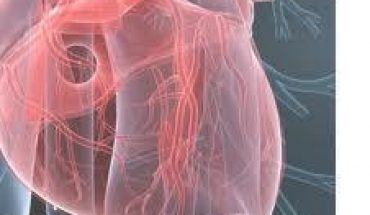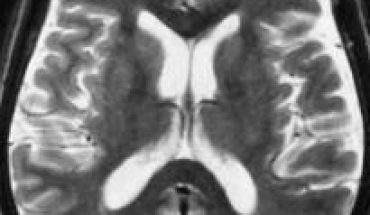Coughing up blood is known as hemoptysis. It is an important symptom since it may indicate a serious lung problem. A thorough and systematic evaluation to determine the underlying cause is warranted whenever a patient is coughing up blood.
Causes
The source of the blood being coughed up is the key to determining the underlying cause of the condition. The blood may be coming from the airways or lungs but it may also be coming from other sources such as the nasopharynx, lesions in the mouth or sinuses. If the source of the blood cannot be determined, the doctor may refer the patient to an otolaryngology specialist
The volume of the blood is also important as more profuse bleeding with coughs signal more severe situations. More severe bleeding tends to occur when the source is in the vicinity of the pulmonary circulation.
Conditions that trigger hemoptysis tend to be inflammatory disorders which impact the bronchial circulation. Among the most common causes of coughing up blood are pulmonary thromboembolism, lung cancer, bronchitis, pneumonia, tuberculosis, bronchiectasis, and lung abscess.
Determining Why a Patient is Coughing up Blood
To determine why a patient is coughing up blood, the medical professional will have to carry out a physical examination, embark on an analysis of the patient’s medical history, and order upright postero-anterior and lateral chest x-rays.
Physical Examination
During the physical examination the doctor will look out for generalized and localized wheezing or crackles as the patient breathes. These indicate the presence or absence of infectious or inflammatory conditions such as bronchiectasis, pneumonia and lung abscess. It is also customary for doctors to conduct a methodical cardiovascular examination in order to detect evidence of mitral stenosis, signs of congestive heart failure, and signs of deep venous thrombosis
Lab Tests
The doctor may also order a complete blood count along with coagulation studies. This is often followed by the posteroanterior and lateral chest x-ray which is the next step in the diagnosis routine. The chest x-ray is normally beneficial in identifying the source of the bleeding.
If the chest x-ray is negative or unrevealing it does not rule out important disease as a cause of hemoptysis. Additional observation of the patient may be warranted in these circumstances.
Treatment
Treatment of the patient who is coughing up blood essentially entails treating the underlying cause or causes that have been detected. If for example, the underlying cause is an infection then antibiotics may be prescribed.
Additional Information
If the bleeding rate is excessive, meaning that the individual is coughing up blood at a rate of over 200 ml each day, the situation can be life threatening and as such should be treated as a medical emergency. It is also important to note that if a particular lung is identified as the source of the bleeding then the patient should be positioned with the affected lung being placed in a dependent position. This is done in order to prevent the blood from draining into the other lung.





